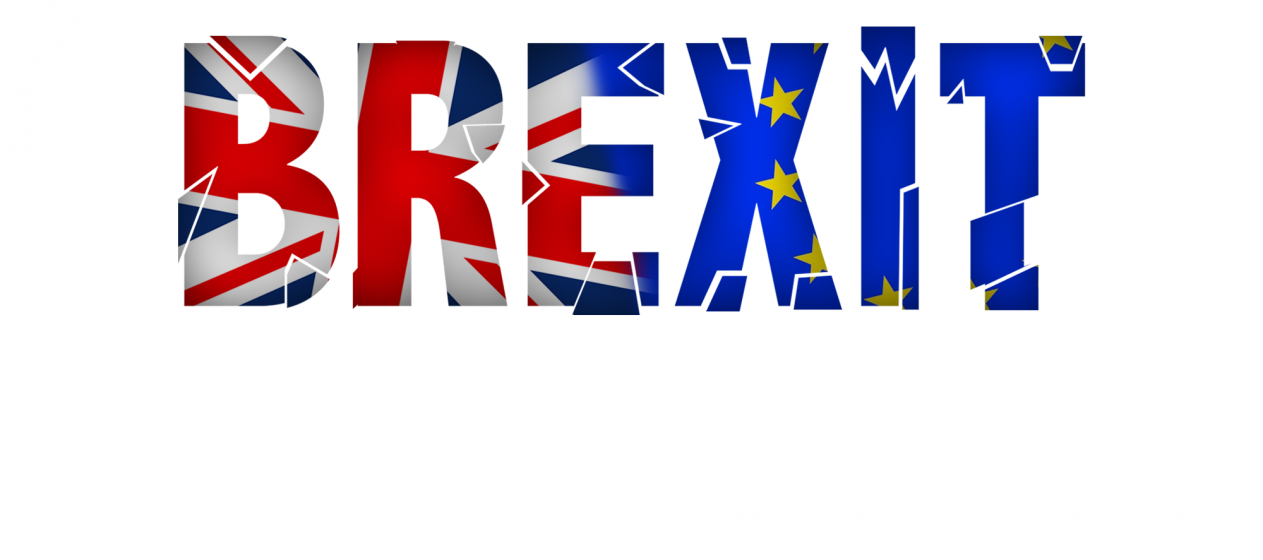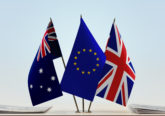An impressive list of academics, including seven Oxford faculty members, signed a petition in mid-June calling for new strategies to deal with misinformation. It makes very good sense to desire competent opinion as opposed to misinformation, and to argue that democratic legitimacy of the referendum’s outcome in some sense rests upon informed choice. (A specific example of a helpful intervention is this letter from the UK Statistics Authority challenging the “potentially misleading” statement of Nigel Farage about the “independence dividend” of Brexit.)
These epistemic interventions need to be given more thought, but they all share the same classic problem: Who shall watch the watchers? While oversight and accountability genuinely help the democratic process, representing the proper style of character and the proper valence of emotion mattered more in this referendum than facts about the economic prospects of the UK and of the working class. There’s certainly much more to be said about the economic repercussions of the Leave vote, which, alongside changes in party leadership is a genuine “leap in the dark,” but it is important to address directly and forcefully the question of popular anger that led to the success of Leave. Respectfully, Brexit appears less a genuine policy preference than the avoidable consequence of a legitimate sense of dispossession and disenfranchisement.
Robert Saunders, appearing on a brilliant post-referendum Mile End academic panel, argued that the problem is opinion-leadership. Experts in universities, in parliament, in trade unions, in big business, and on television have let down the country. Their consensus on Remain (supported by the PM, 80 per cent of Cabinet members, and 75 per cent of members of parliament) was quite at odds with the feelings of voters outside select areas such as London.
Peter Mandler has also made the argument that Leave is an implicit rejection of the economic and social leadership of metropolitan London. His narrower point, which is that London is now seen as the colonial Metropole by others in England, is worth considering, and his broader point, which is that this is a culture and community question rather than one answerable to an analysis of homo economicus’s needs, is in my view correct.
Now that the referendum process is over, we can begin the process of political education that will leave working class voters feeling less dispossessed, and elites more responsive to the concerns of the public.
At a town hall event with speakers provided by the London Legal Salon on the night prior to the vote, the vocabulary of Leave comments was respectful, articulate, and surprisingly negative. A common theme was the complaint that pro-Leave voters “do not feel that they are British in their own country.” Even more crucially, it was not possible to say this, because doing so amounted to a betrayal of a centrist, privilege-driven consensus. Asserting one’s Britishness and embracing one’s class and station is forbidden, and to do so is to be a “chav,” as one eloquent audience member with a background in construction explained. Another young man noted that “white British boys” are the least likely of any group to go to university.
While this claim fact-checks well, others made by the Leave and Remain campaigns do not. Even so, their persuasiveness is not measured by their factual precision, but by the electorate’s sense of de-legitimization and their thrusts at policies and politicians who do not provide answers.
For one of the speakers at the town hall who represented the Leave position from a radically progressive democratic approach, the “complete hatred of the public” voiced by Remain was seconded by the media, who portrayed Leavers as “rats” and Little Englanders “slathering away” at their computers. Although arguably the vocabulary of resentment is a part of the news story, as I am arguing, and worthy of reporting, it was astonishing to hear this level of anger and distrust in person, presented with candour and steadiness rather than in personal animus.
The straw poll from this town hall meeting in St. Peter de Beauvoir church in comfortable Islington was that Remain would win. It did in Islington, by a margin of 3-1, and also London, by a 60-40 margin. However, there is a very robust North-South split in yesterday’s returns, and a split within London between and the rest of England, and then again between Scotland and Northern Ireland versus Wales.
The sectional splits in UK politics should be dissected over the coming months, but if we think about the basic Leave position in light of two ironic or mocking posts, Ariadne’s thread leads us to the conclusion that the referendum result is more than a product of the dismal economy and a pocketbook protest vote.
The first, provided by the Washington Post, uses Google data to show that searches for “What is the EU?” spiked after the referendum. The second, from The Evening Standard, highlights the worries of voters whose worried post-Brexit that their voice actually mattered. These anecdotes are supposed to give pause to the “wisdom of crowds” people. But they are funny because they play to same anti-popular distrust that got us Brexit on the 23rd. By laughing, one implicitly denies the reality of the complaints that drove Johnson/Farage to victory.
The UK is presently in the plebeian version of its Coriolanus moment. “There is a world elsewhere” did not work for Shakespeare’s Coriolanus, but it may work for the UK. However, if Brexit is a mistake, to go back to JS Mill, who was not a fan of the “full sweep of popular feeling,” the key to moving forward concerns civic inclusion: How is the citizen “made to feel himself one of the public”?
The two cultures narrative may exaggerate the extent to which we look across a “chasm” at our neighbours, as participants of the Mile End Institute event warned. But one way to feel ourselves again a part of the public is to undertake a public experiment and “stand the consequences” of our actions, as JS Mill suggests in his famous text of personal responsibility and individuality. Both the EU and the UK now do so—there is no “too big to fail” talk from Cameron et al, and they’ve owned the outcome of the vote.
If the referendum educates the public in the power of their voice, and if it educates masses and elites to expand their moral imagination enough to recognize the complaints of the other side, this experiment, although probably not the best outcome, has the epistemic value desired by proponents of deliberation, and its long-term effect may be more electoral stability and a renewed aversion to change for the sake of change.





